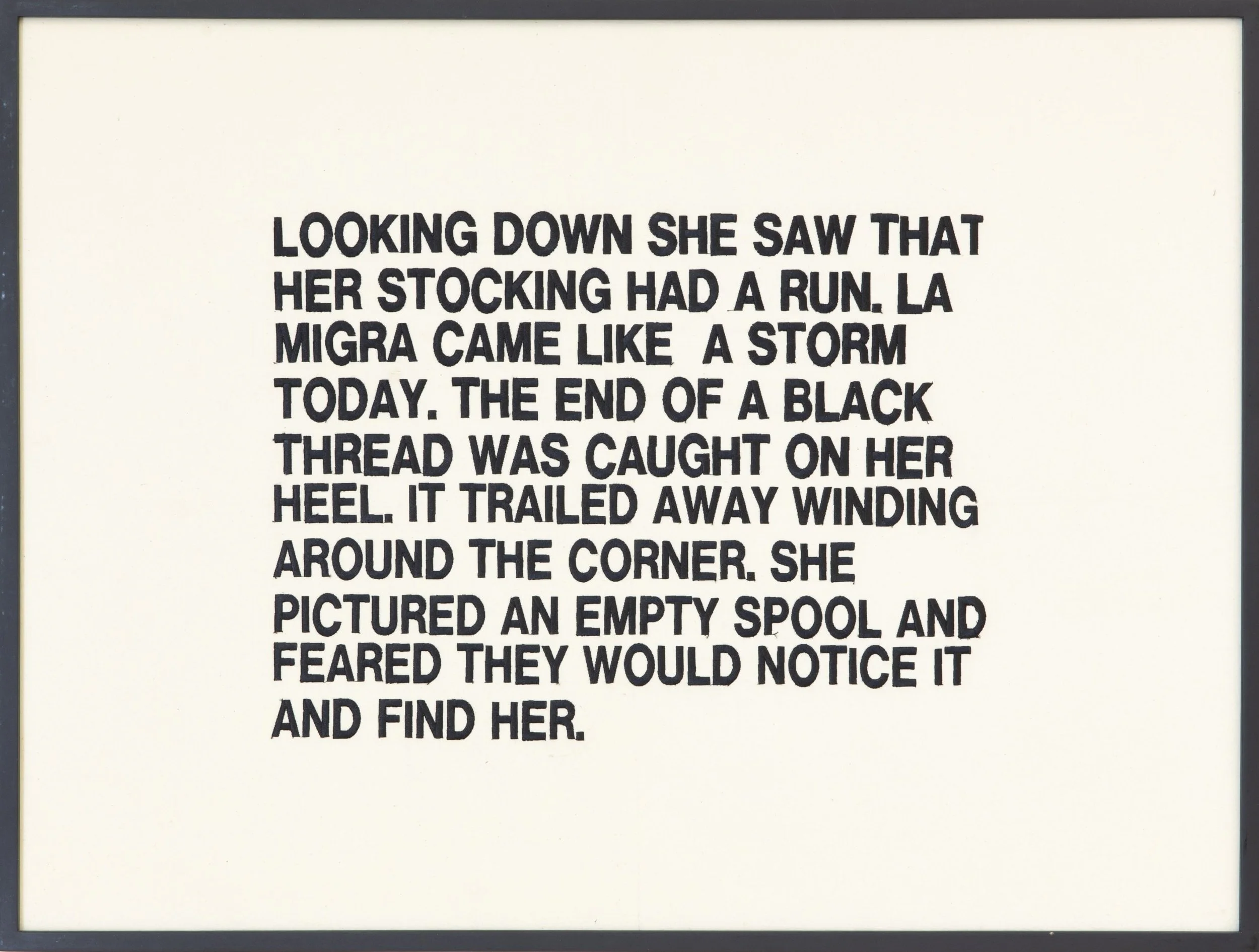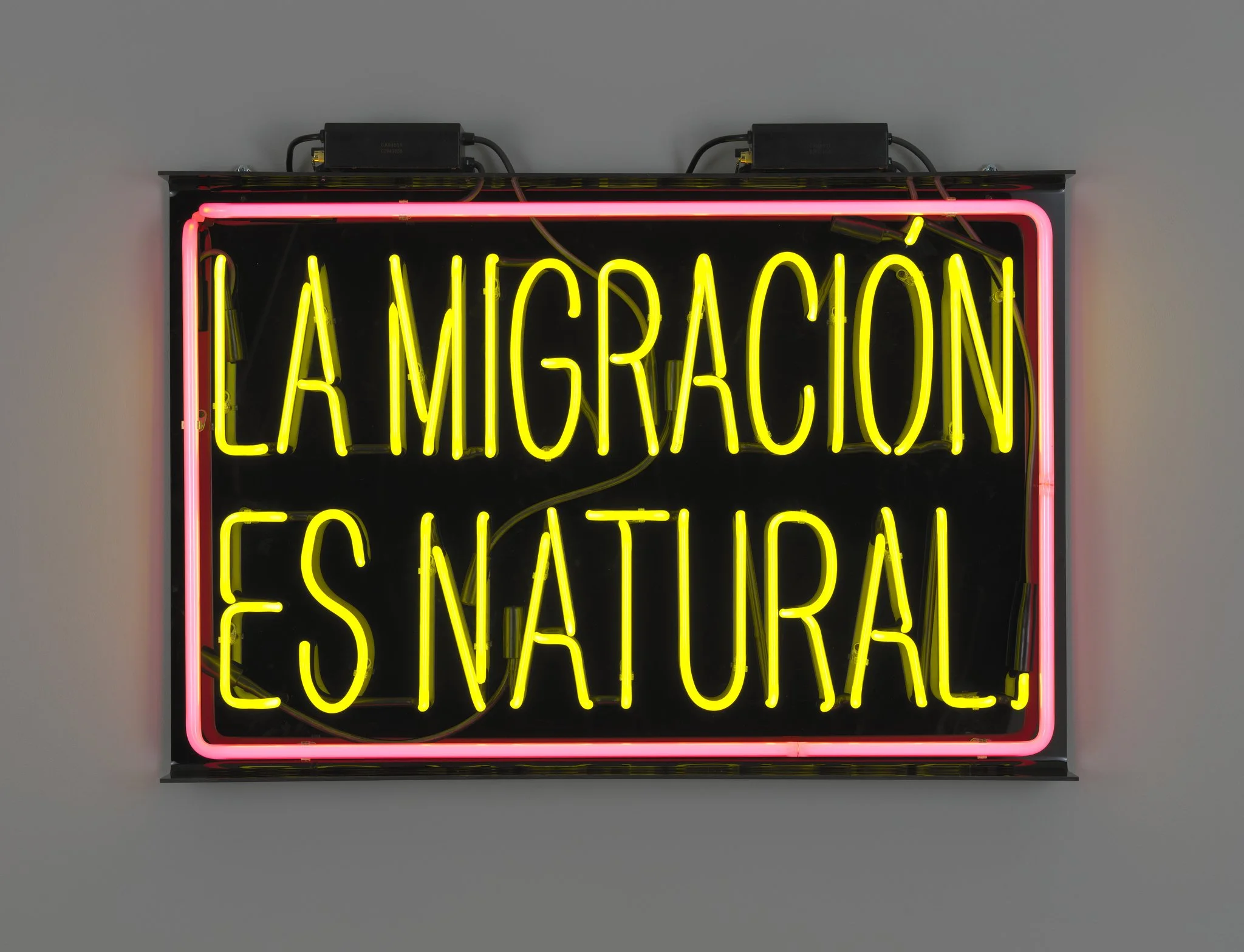Grief Writing for Children of Immigrants: a virtual supportive group for adults
with alej perez-kohl, ms, lmft
The first iteration of Grief Writing for Children of Immigrants is here: a monthly virtual supportive grief writing group.
As the child of an immigrant devastated and repulsed by the violence and kidnapping of our community members, I wanted to use my skills and capacity to foster a space where community might have a chance to grow. Having done my own grief work, grief writing workshops, and grief support specialist certification (2021), I feel capable and ready to hold this space.
The goal of this group is to create a sense of community, support, and camaraderie as we explore, name, and experience our collective and individual grief as the children of immigrants.
The objectives are to engage in reflective writing, share our reflections, speak truth to our grief, and offer encouragement and support to one another.
This group is free. It will also raise money for CILC Madison, a reputable organization helping immigrants in Madison, WI. Groups like this often have a fee to cover the work, time, and skills of the organizer and/or facilitator. That will not be the case for this group.
However, if you are:
a participant who is in an abundance of financial and community resources and benefits from Whiteness in a significant, continuous way, and wants to use that privilege to support our extended immigrant community, OR
not the child of an immigrant, but someone who is seeing this and would like to support this group’s efforts, related communities, and have an actionable item in supporting immigrants
I invite you to consider a donation of $10 per attended session to CILC Madison OR another organization of your choice. If you are not the child of an immigrant, but would like to support this group’s efforts by donating to CILC Madison, please send a screenshot of your donation receipt to alejpeko@gmail.com so that I may keep track of how this group supports CILC Madison’s efforts. This group is not directly affiliated with CILC Madison or any of its members.
Download social media size flyer
Registration information near the bottom of the page.
Details:
When: First Sunday morning of the month from 10 a.m. - 11:15 a.m. CST.
Where: Virtual via Google Meet.
Who: For adults 18+ who are the children of immigrants, currently living in the US, who are experiencing distress around the current US administration's unlawful and unethical deportation efforts. All are welcome, whether their parents/caregivers and loved ones are undocumented, filed for asylum or residency, have obtained US citizenship, or other circumstances.
Language: This meeting space is held in English, but if you speak a language other than English or find that the language better captures your emotion, it is encouraged to use that language in any reflective writing we may do.
Cost: This group is free.
Disclaimer: This space is not therapy. I am a psychotherapist and an an LMFT. I will not be using therapeutic interventions, engaging in assessment, or offering services to any group members. I will use grounding techniques and mindfulness to support group members. This group is not for those experiencing a mental health crisis, who may be at significant risk of harm to themselves or others and are in need of 1:1 support. If you are experiencing a mental health crisis, please review non-punitive crisis support options here.
This space is not a writing critique or feedback space. The writing is a tool for connection and reflection. You do not have to have experience with writing to join.
This group will not be recorded for safety purposes.
Image: Christina Fernandez (Los Angeles, CA 1965). Manuela Stitched, Text, 2001. Embroidery Panel.
guidelines:
What is shared in the group stays in the group.
No one is expected to disclose anyone’s location, family names, or other identifying information if you feel it may compromise yours or your loved one’s safety.
Everyone is invited to reflect and speak on their emotions, concerns, and experiences. Be mindful of leaving time for others to share. I will only gently redirect if necessary.
Do not give advice to other members of the group. We may feel compelled to do so, but it is often unhelpful during the grief process.
Sharing that we feel seen, heard, or that something resonated is welcome.
Grief is different for everyone. Allow for differences.
We will observe cultural differences depending on where our parents/caregivers originated from.
Racism, anti-Blackness, sexism, homophobia, queerphobia, islamaphobia, antisemitism, xenophobia, and ableism will not be tolerated in this space.
I ask that participants with privilege, whether that be benefitting from Whiteness by being White or having parents/caregivers who have obtained citizenship or having access to significant financial and legal and community resources, maintain awareness of their privileges in the space.
This group is affirming of our intersecting identities and welcomes those who identify as LGBTQIA2S+, neurodivergent, disabled, multiracial, and/or multicultural.
If something said in session is upsetting to you, I am available to identify what actions you might like to see happen. I work to be present and aware, but may miss something that might be important to someone else.
Most importantly, we will be discussing a topic that will be activating and that will touch on trauma. If you find yourself needing to step away at any time, turn off your camera to ground, or get something you need that would help regulate, please do that. Send me a message or an email so that I know you are safe.
Image: La Migración Es Natural by Patrick Martinez.
Requirements/What to Bring:
A device that allows for internet access and ability to access the video with audio and video.
A secure and quiet space where you are alone and able to focus on your experience and writing.
Cameras are encouraged to be on, as being able to see faces and emotional expression can help strengthen connection and rapport. If you fear that having your camera on is a risk, let me know. No one will be turned away for not having their camera on.
Items to write with: either on your computer, notes app, journal, notebook, pen and paper. Choose a method that feels most comfortable to you.
Items to ground with: a blanket, comfortable clothing, beverages, snacks, a photo of a loved one or cherished place, comfort items, tissues, stim objects, etc.
Group Structure:
10 a.m. - 10:10 a.m.: Brief introductions. Name, pronouns, location, and how you are currently experiencing your grief. This can be shared aloud or in the chat. Share what feels safe.
10:10 a.m. - 10:15 a.m.: Positive resourcing. The group will take 5 minutes to engage in a mindfulness exercise that includes breathing, bodily awareness, and bringing to mind a sense of safety, calm, or grounding.
10:15 a.m.: The prompt for the hour. The prompt will be a poem, a quote, a segment of an essay, or a reflective question. These prompts will touch on the stages of grief, which are denial, anger, bargaining, depression, and acceptance.
10:15 a.m. - 10:35 a.m.: Reflective writing time. Write in a format of your choosing: prose, poetry, essay, journal, etc.
10:35 a.m. - 11:10: Shares and reflection.
11:15: Brief somatic or mindful closing.
11:15: Close.
To Register:
You may fill out the forms on each event page to register or by send an email to alejpeko@gmail.com, introducing yourself and what you hope might come from being a part of this grief writing group. The Monday before the first Sunday of each month I will send out a new Google Meet link to all who have registered for the upcoming Sunday.
About Alej:
I’m Alejandra or Alej (they/them) and I am a psychotherapist and creative living in Wisconsin.
I am the child of a Mexican (Spanish/Indigenous) immigrant who came to the US via California in the early 1980’s before he was even 20 years of age. I am biracial and hold moderate privilege due to growing up in Wisconsin: I speak fluent English and I am perceivably White due to my other parent’s European ancestry. Other identities I hold are: genderqueer, neurodivergent, bisexual, and disabled. I was witness to the racism and hatred my father often experienced, more specifically police profiling and employer-based stereotyping. My primary parent, my mother, attempted to create space for our Mexican heritage growing up, but it was not without fumbling. Much of my connection to my ancestry, culture, and heritage was simply lost in the process. I am constantly clawing to reclaim this part of myself.
My father’s journey included legal status due to marriage (a “green card”), and on September 11, 2003, my father became a US citizen after years of learning and paperwork. Still, the threat of having his rights taken away looms over us. We have family members sprinkled around the US who are not citizens and are at high risk for deportation.
Transparently, I am still learning the best language to talk about the requirements of becoming a citizen and the different statuses immigrants can hold, whether for academic purposes, work purposes, political asylum, or others. I am still educating myself and I invite anyone who knows more to invite me to adjust the language I use at any time.
Image: My father and I in 1989 in Turlock, California.



